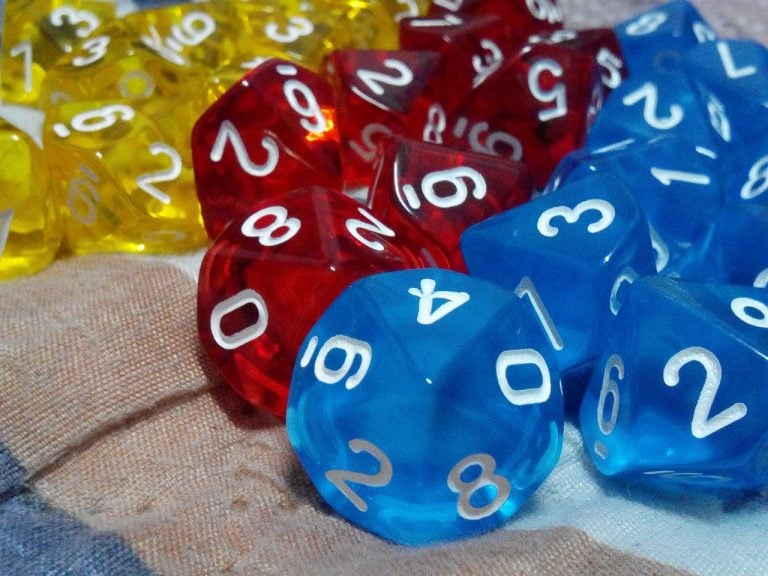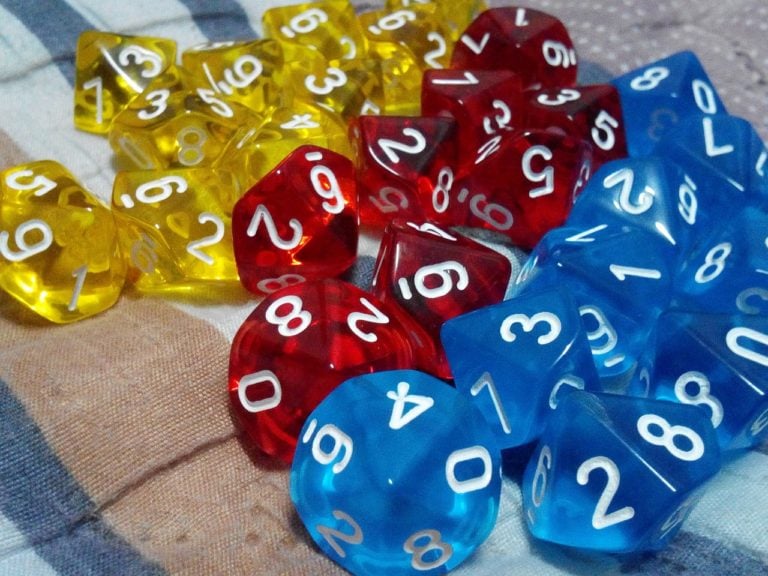Mage Hand 5E Guide | Attributes, Pros, Cons, and Uses

Welcome to the Mage Hand spell breakdown! This is one of our favorite cantrips. We have ranked it not only as one of the best wizard cantrips but also one of the best cantrips in 5E overall. Now that you have an idea as to how we feel about each spell, we can now delve into the fun part – playing the game! If your dungeon master is anything like me, they will reward creativity that fits into the reality of the world that you are playing in. Each article will be broken into five sections – The spell attributes, pros, cons, when you can use it, and when you should be thinking about a better option. So let’s put our spellcasting cap on and get a handle on this cantrip with our Mage Hand 5E Guide.
Mage Hand 5E Guide
- School: Conjuration
- Casting Time: One Action
- Range: Thirty Feet
- Components: Verbal, Somatic
- Duration: One Minute
- Classes: Bard, Sorcerer, Warlock, Wizard
Mage Hand creates a spectral, floating hand at a point of your choice within thirty feet of you and that hand can manipulate the following:
- Manipulate an object
- Open an unlocked door or container
- Store or retrieve an item from an open container
- Pour contents out of a vial
The hand will vanish if you are ever more than thirty feet away from it, and the hand cannot attack, activate magic items, or carry more than ten pounds.
Pros
The biggest pro to Mage Hand is the ability to manipulate objects that are up to thirty feet away from your line of sight. Did your Dungeon Master carefully place an important item at a location you cannot reach? Cast Mage Hand to give yourself that extra extension. Locked in a cage and the key is dangling from the hoop of a snoozing guard? Cast Mage Hand to grab those keys and give yourself freedom. Need a clever distraction so you can sneak past a high-level enemy? Cast Mage Hand to knock something over.
With the right description, you can use Mage Hand to do almost anything that is within its limits, and those limits do not sound that steep in my opinion. On top of that, Mage Hand requires no components, no preparation, and no concentration, you can easily get a lot done with this spell.
Cons
Each instance of Mage Hand lasts for at most one minute. That means you will need to cast Mage Hand multiple times if you are trying to get an item close to your location and you will have to think about placing the item down carefully if you are trying not to disturb or create attention in a specific direction. Your Dungeon Master could make you roll a few checks to make sure your Mage Hand is successful in the task, you are assigning it.
Mage Hand will also only work on items that are visible to you from at most thirty feet. So even if you know where the item is in the next room, you still need to be able to see the room in order to do what you want Mage Hand to do. If you lose sight of your spectral hand, the spell will instantly stop.
Mage Hand has a weight capacity of ten pounds, it cannot be used to activate magical items, and it has no attack value, which means this cantrip is relegated to lightweight actions.
When Should You Use Mage Hand
If there is ever a situation where you are trapped, the odds are pretty high that your Dungeon Master will have the missing piece within thirty feet of you… Just enough for you to be able to spot it and grab it with Mage Hand. You could be in a jail cell, trapped between several boulders, or chained to a large stationery item. Casting Mage Hand will help you get the item you need to escape.
If you need a way to distract someone, you can cast Mage Hand to create that distraction. You cannot affect another character directly with Mage Hand, but you can use Mage Hand to create some ruckus – knock over an item that can create a loud clang or bang, ruffle some leaves to make someone believe that they being watched, or open an unlocked door. In this instance, the point of casting Mage Hand is to cause whatever you are worried about to become distracted. This lets you knock them out, escape from the room or steal a heavier item without detection.
And finally, you can use Mage Hand to pour liquids out of a vial. This can be useful if you know someone’s drink has been poisoned, if an incapacitated character needs to be given a drink for survival, or if you need to pour water on another character and you do not want to suffer the consequences of taking the necessary action.
When There Are Better Options
Much like with Lightning Lure, there are some pros and cons with this spell. It is never a good idea to use Mage Hand during combat, as there is a lot going on that could possibly hurt your character while you are attempting something sneaky. While using Mage Hand does not require any concentration, it will use your one action for the turn that could be used for attacking or strengthening another ally. Don’t forget that Mage Hand has no offensive capabilities. After all, it is a spectral limb.
If your Dungeon Master is on the trickier side, they might distract you by presenting an item that looks like the one that you need to solve a puzzle, but it is too heavy to grab with Mage Hand. In that case, I would recommend looking for a sturdy stick that you can pull the item over with or look for a different item that can get you closer to the item you need to grab to complete the puzzle.






